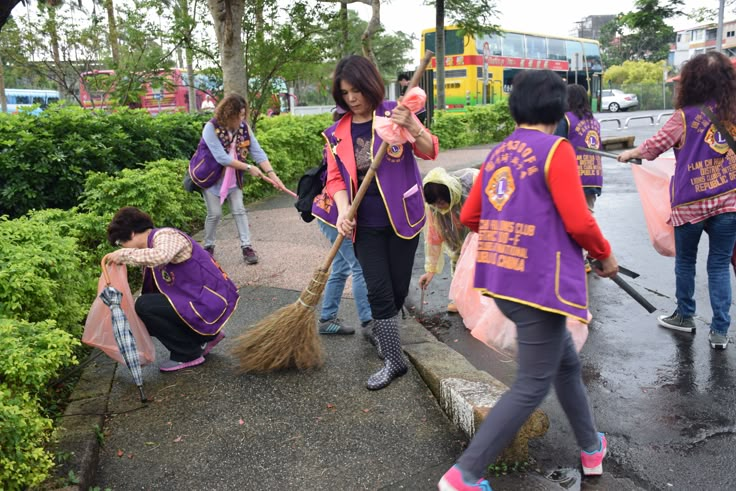The power of volunteerism plays a critical role in building strong and resilient communities. By giving their time and skills, volunteers address various social issues, ranging from homelessness to environmental sustainability. For example, local food banks rely heavily on volunteers to distribute food and provide crucial services to those in need. These acts of service help bridge gaps in community resources, fostering a sense of connection and belonging among residents.

The benefits of volunteerism extend beyond community impact, individuals who volunteer often experience personal growth. Engaging in a variety of activities can lead to the development of new skills. A college student volunteering at a nonprofit may learn invaluable project management skills while organizing events, enhancing both their resume and their confidence. Furthermore, volunteering provides networking opportunities, allowing individuals to meet like-minded people, mentors, and potential employers.
Another significant aspect of volunteerism is its positive effect on mental health. Numerous studies show that helping others can lead to increased happiness and life satisfaction. Engaging in volunteer activities can create a profound sense of purpose. For example, individuals who work with at-risk youth often report feeling a strong fulfillment from making a difference in these young people’s lives. By investing time in others, volunteers can decrease feelings of isolation and depression, contributing to overall mental well-being.

Volunteering also offers an avenue for individuals to learn about social issues firsthand. This exposure can cultivate empathy and a desire for social justice. Many volunteers find themselves becoming more passionate about the causes they support, leading them to advocate for change. For instance, participating in environmental cleanups may inspire someone to become active in local policy discussions surrounding sustainability and conservation.
Furthermore, the impact of volunteerism can ripple through generations. When parents engage in community service with their children, they instill values of kindness, responsibility, and civic duty. These early lessons can shape future leaders and compassionate citizens who prioritize community support and social responsibility.
The power of volunteerism extends far beyond individual experiences; it strengthens communities and fosters social responsibility. As we navigate an increasingly challenging world, the collective action of volunteers can lead to significant positive change. By prioritizing the spirit of giving, individuals not only contribute to their communities but also enrich their own lives, creating a cycle of positivity that benefits everyone involved



